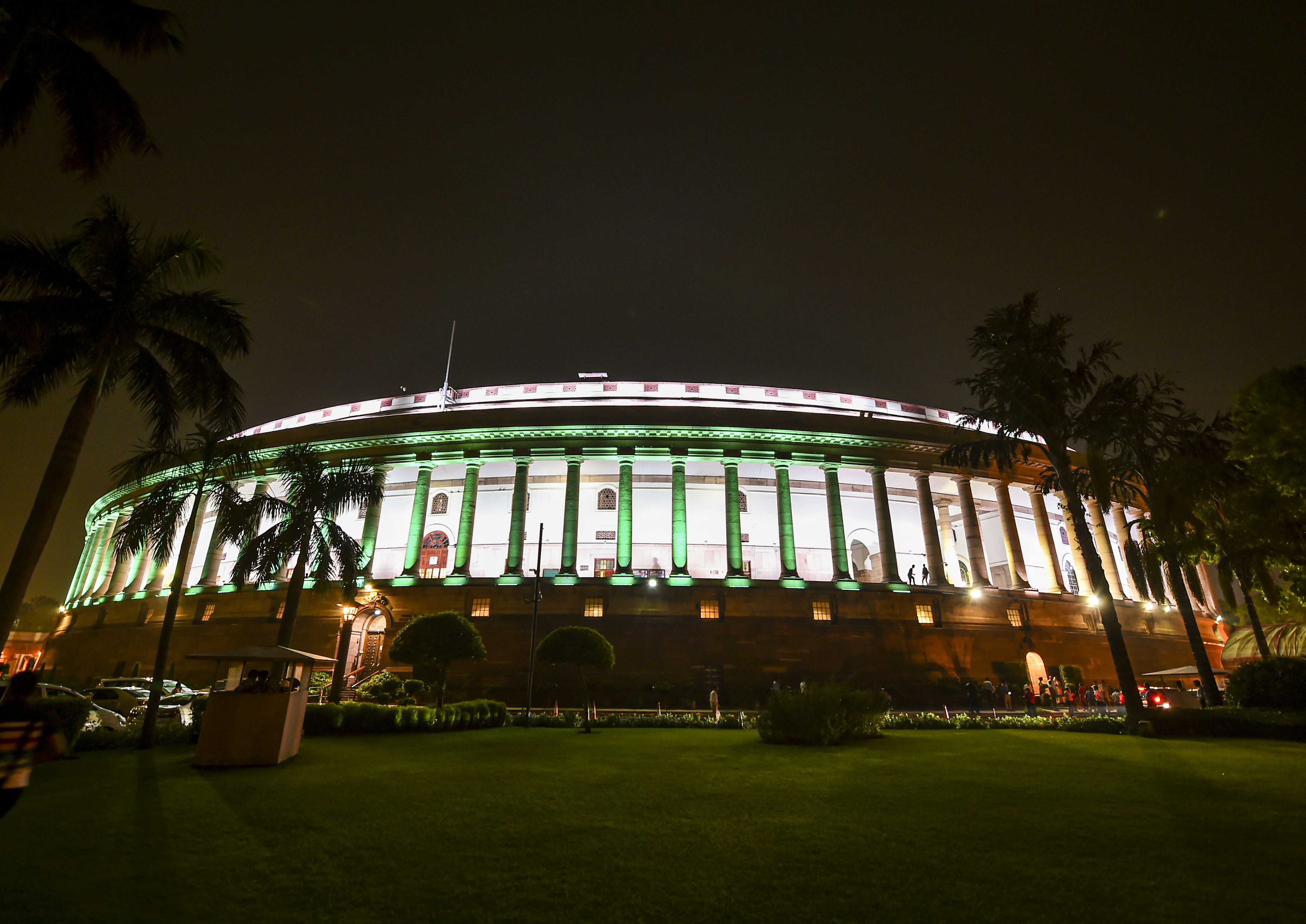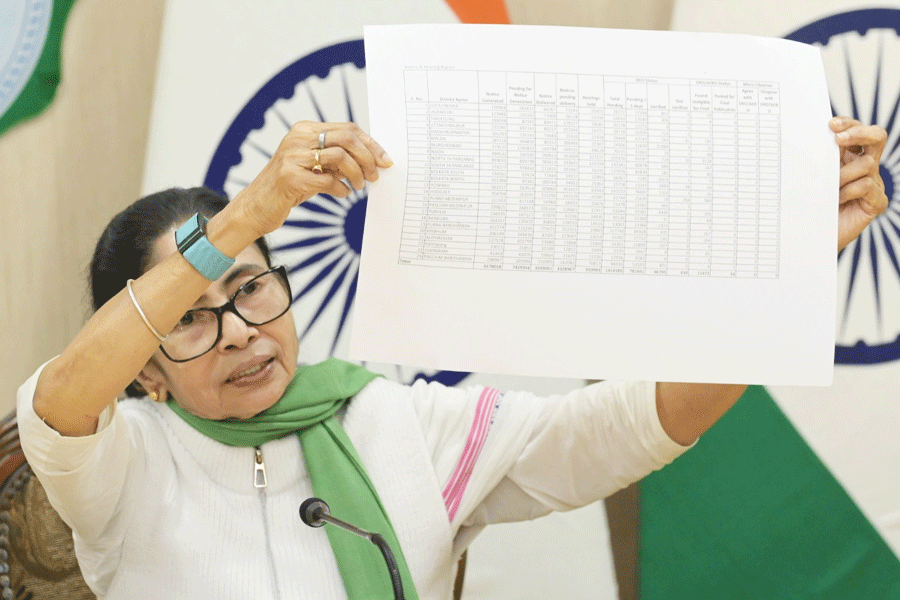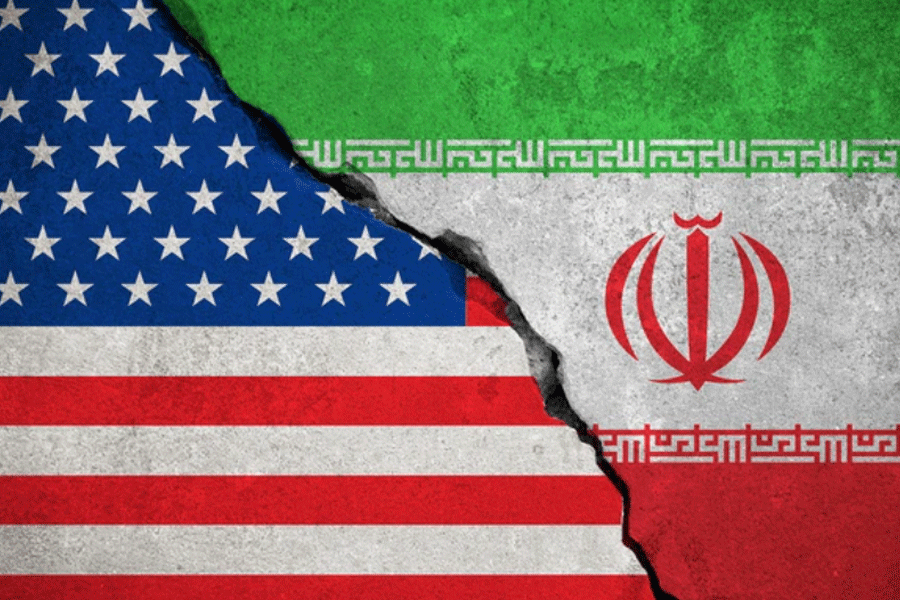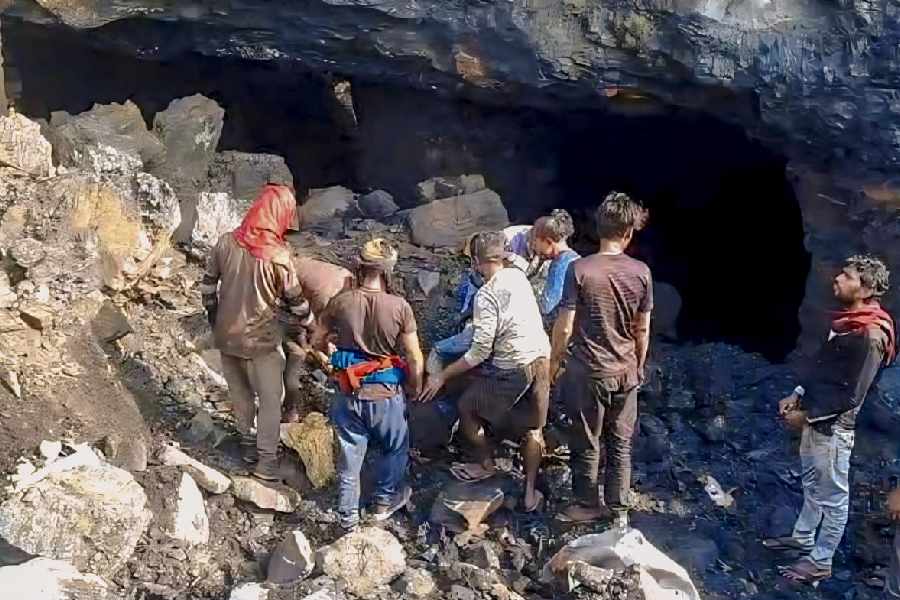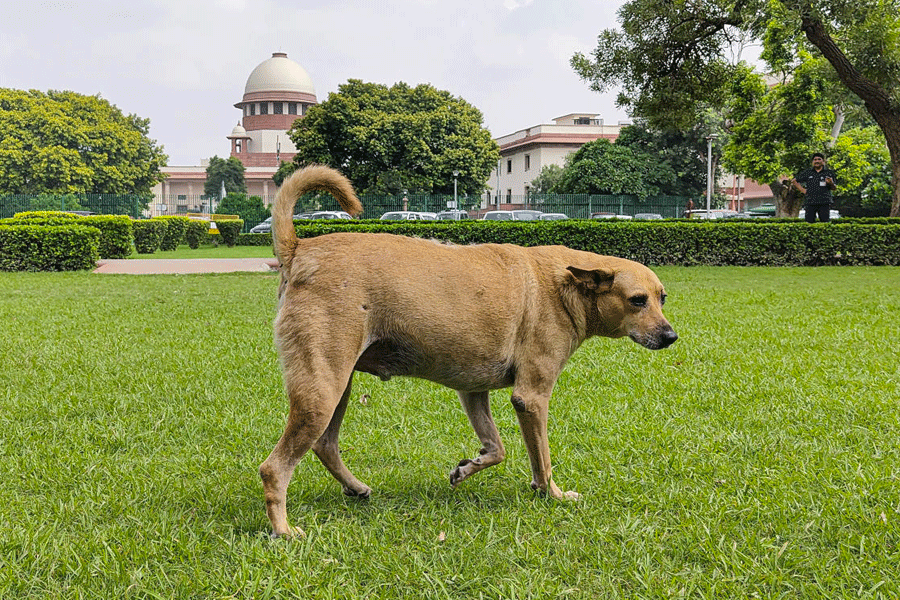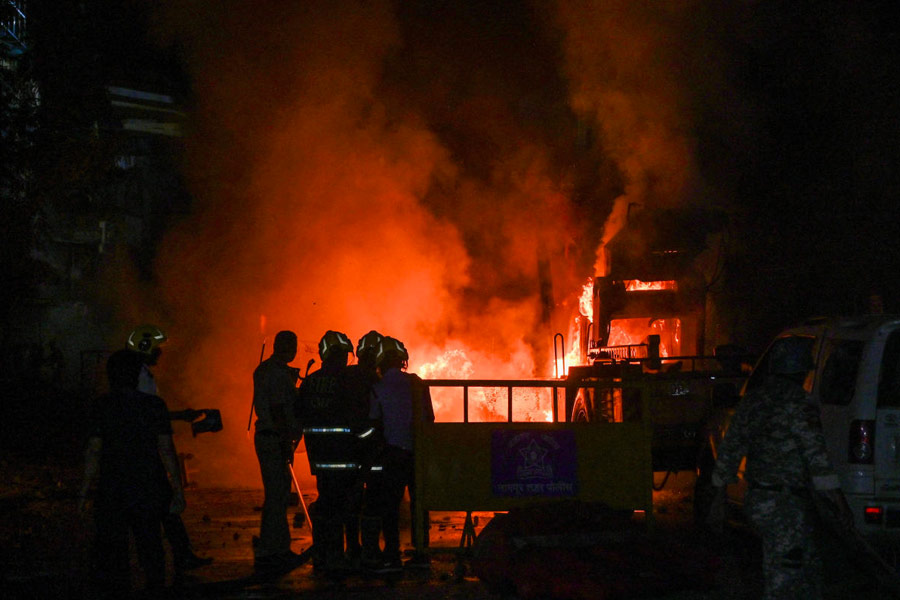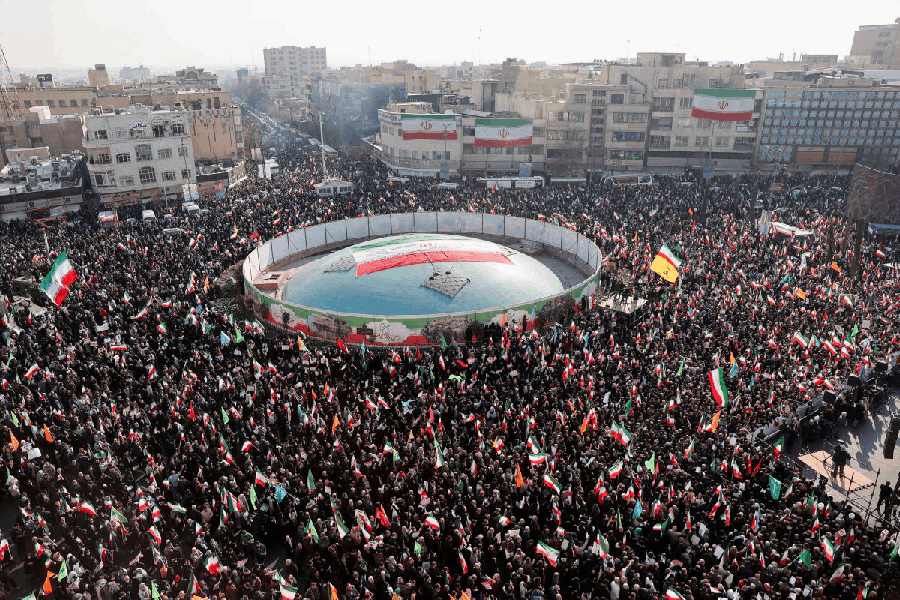Anas Tanwir, a Supreme Court lawyer, said: “They’ve used a brilliant loophole in the law. They used the power under Article 370(1) to amend Article 367.' In Article 367, under 'Interpretation', a clause was added in relation to the state of Jammu and Kashmir.
“As per the amendment, now the government of Jammu and Kashmir equals the governor of Jammu and Kashmir; the Sadar-i-Riyasat equals to the governor, and most important, the Constituent Assembly of Jammu and Kashmir now equals the state legislature,” Tanwir observed.
In plain words, to scrap Article 370, the President needed a recommendation of the Constituent Assembly of the state. This amendment of Article 367 equated the Constituent Assembly to the state legislature, and the state legislature was made equal to the governor, and the abrogation was completed, he said.
In the Rajya Sabha, former finance minister P. Chidambaram asked today: “How can the government use Article 370 to modify Article 370? At best they could have used Article 370 to modify other provisions.” He said the resolution was beyond his comprehension.
“There are two views on this (abrogation of Article 370),' said Faizan Mustafa, the vice-chancellor of NALSAR University of Law in Hyderabad. 'One view is that nothing can be done now. It (Article 370) has become a permanent provision. The other view is you can remove 370, but take the state Legislative Assembly on board.”
Home minister Amit Shah had repeatedly stressed in Parliament that Article 370 is temporary in nature. But according to Mustafa, there is a legal catch here.
The Constituent Assembly of Jammu and Kashmir was dissolved in 1957. Therefore, the provision of Article 370 may be seen as permanent and cannot be removed by a Presidential order because there is no Constituent Assemby to take consent from, Mustafa said. Also, the state's Legislative Assembly cannot have the same powers that the Constituent Assembly had.
But the government chose an alternative view, by looking at the Legislative Assembly as the natural successor of the Constituent Assembly of Jammu and Kashmir. Therefore, the Presidential order.
The Constitution (Application to Jammu and Kashmir) Order, 2019, came into force at once and superseded the Constitution (Application to Jammu and Kashmir) Order, 1954.
“The reason why 'Constituent Assembly' was amended to 'state legislature' was to overcome the Supreme Court judgment in the Sampat Prakash versus State of Jammu and Kashmir case. The judgment held that 'Article 370 was a permanent provision of the Constitution as the Constitution Assembly of J&K was dissolved,” Tanwir said. The Supreme Court observed in 2016 in the case that “though the marginal note refers to Article 370 as only a temporary provision, it is in fact in current usage and will continue to be in force until the specified event in sub-clause (3) of the said Article takes place.”
Mustafa said the bid to create two Union territories out of the Jammu and Kashmir state was unprecedented. “Taking away special status is one thing, but making a state a Union territory is really downgrading. They want the state government in Kashmir to run from Delhi,” he said.
Union territories such as Goa have been turned into states 'but it is unprecedented that a state is turned into a Union territory', he said.
The Centre's move of scrapping special powers to Jammu and Kashmir under Article 370 using a Presidential order and its effort to split the state into two Union Territories has prompted several questions by lawyers who followed the day's proceedings.
Before looking into legal questions, a few points require emphasis as the resolution and bifurcation bill were brought under unprecedented circumstances:
- Home minister Amit Shah announced the Presidential order abrogating Article 370 at a time there is no Legislative Assembly functioning in Jammu and Kashmir. The state is under President's rule from December 2018 and the governor is the seniormost political functionary there right now. This leads to a legal complicaton as Article 370 can be abrogated only by taking the Constituent Assembly into confidence. Lawyer Gautam Bhatia, who has written a blog today on the interpretation of the order, asked on Twitter: 'If it's the Governor, then given that the Governor acts on the advice of the Central Govt, and the President also does so, basically, Article 370 has been change by the central government taking its own consent? Or am I missing something basic?
- The resolution was passed when Jammu and Kashmir was and is virtually under lockdown and two of its chief ministers and other mainstream party leaders were under house arrest. Some lawyers have pointed out that bringing such a sweeping resolution and then a bill attempting to bifurcate a state into Union territories under President's Rule, which is a stand-in option, is problematic as the changes being brought are permanent in nature.
- In the history of independent India, Union teritories have been made states, but never has a state been reduced to Union territory status. The move goes against the federal and democratic nature of the Constitution as it brings more powers under central control, when ideally the flow of power should be in the reverse direction.

